I have always thought of my diet as being fairly healthy. Those who know me may disagree though as most think my diet is too healthy. I have always exercised and stayed active. I have more or less always been the same size from my late teens until now, so when I was diagnosed with breast cancer, one of the things that crossed my mind was my diet as for me, cancer wasn’t genetic.
During the period when having my seven rounds of chemotherapy, the nurses would always advise trying to maintain healthy eating but at the same time eating whatever I wanted within reason
This got me thinking, there is a lot of really healthy food available but what should be included in my daily diet to ensure that I was keeping my body healthy while targeting and killing cancer cells?.
I decided to go online to find out what the advice was and discovered that from all the different sites and information obtained, I was already consuming more than ninety-five percent of what was recommended. I was even slightly shocked that most were on the list of superfoods that kill cancer cells.
I decided to make a list of some of what I was already consuming and a few new introductions.
Below are some of what was included in my daily diet. Some of which will help boost the body’s immune system.
SUPER FOODS:
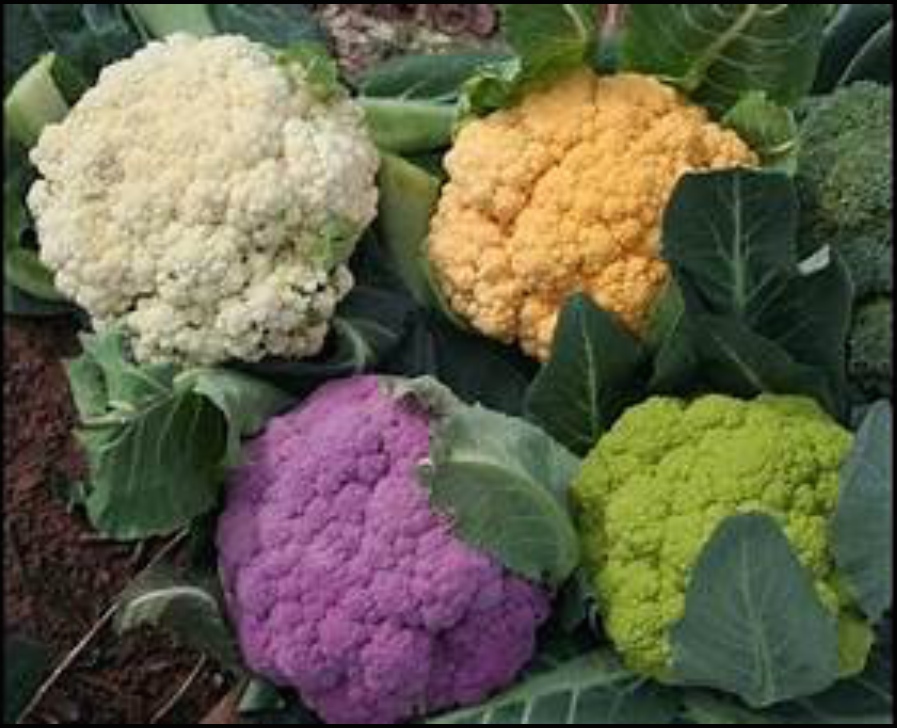
Broccoli and Kale are part of the family of veg also known as Cruciferous Vegetables: – These are the ultimate anti-inflammatory food. In addition to their anti-fungal, anti-bacterial properties they are also rich in vitamins C, E and K as well as folate and minerals.
Broccoli: – It contains sulforaphane which is a potent compound that boosts the body’s protective enzymes and flushes out cancer-causing chemicals from the body. (I was already consuming so much of this veg weekly) The properties presented in these bitter foods help kill cancer cells over a period of time.
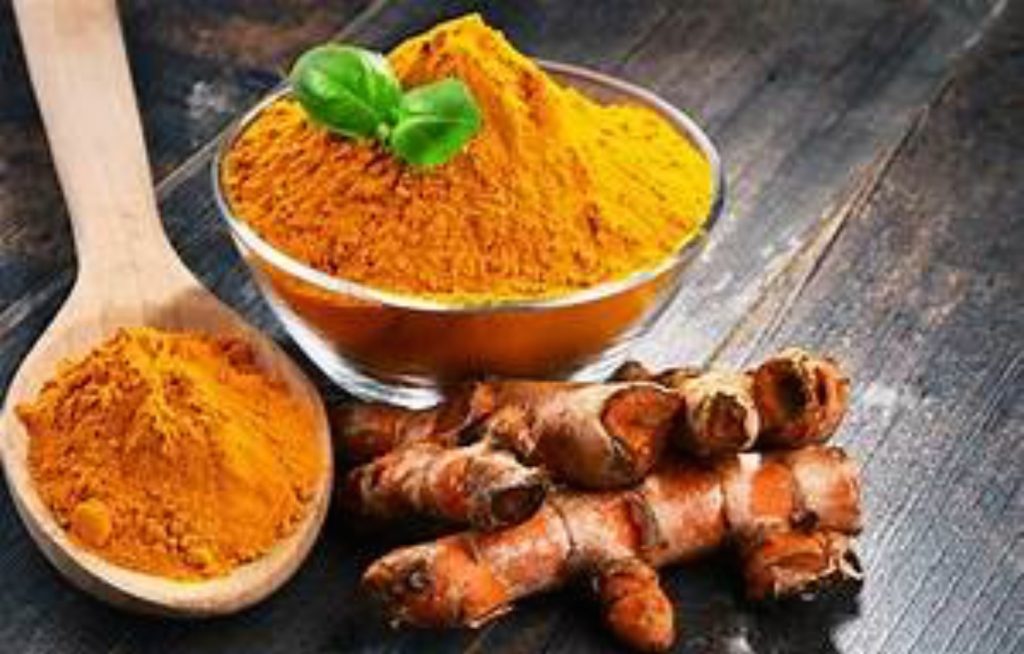
Turmeric: – One of the most important Indian spices, it’s rich in antioxidants. Turmeric can help cut the formation of metastases which is cancer spreading from one organ to the next. I drink a small glass of turmeric, lemon, lime, ginger, honey and hot water almost every day and I include turmeric in a lot of my cooking.
Sea Vegetables: – Kelp, wakame, arami, hiki, noi and kombu are all abundant in minerals such as magnesium, iron and bio-available iodine. It was discovered that they contained a sulphated polysaccharide that can treat neoplastic diseases including cancer. (I love Japanese seaweed salad with my sushi and have been snacking on dried seaweed for years.)
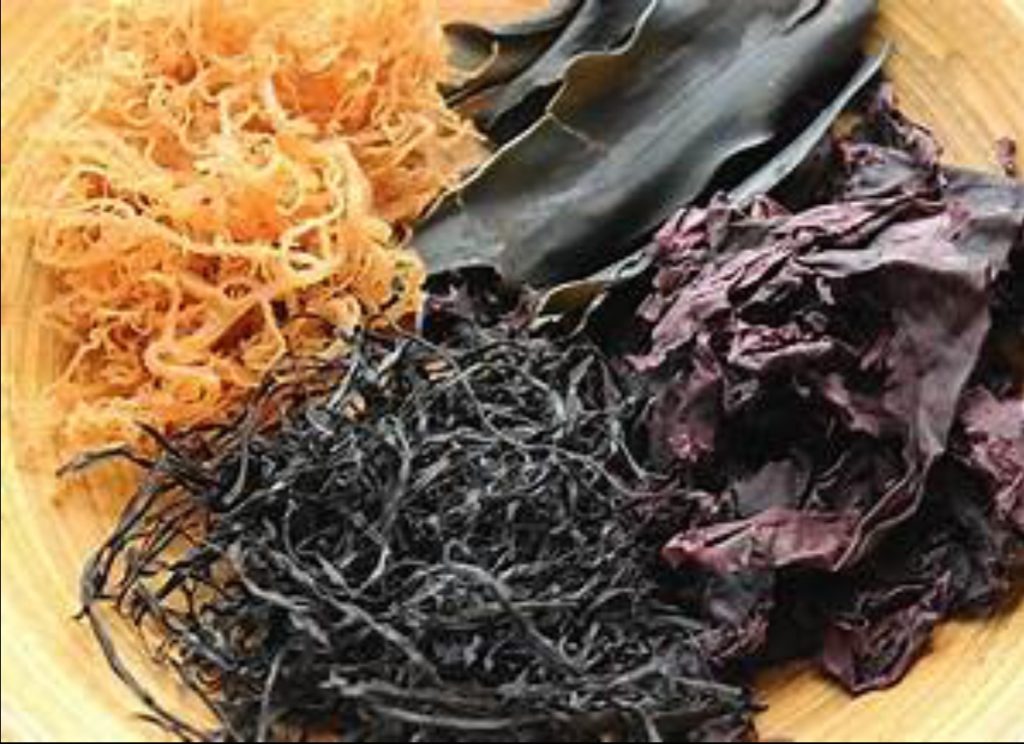
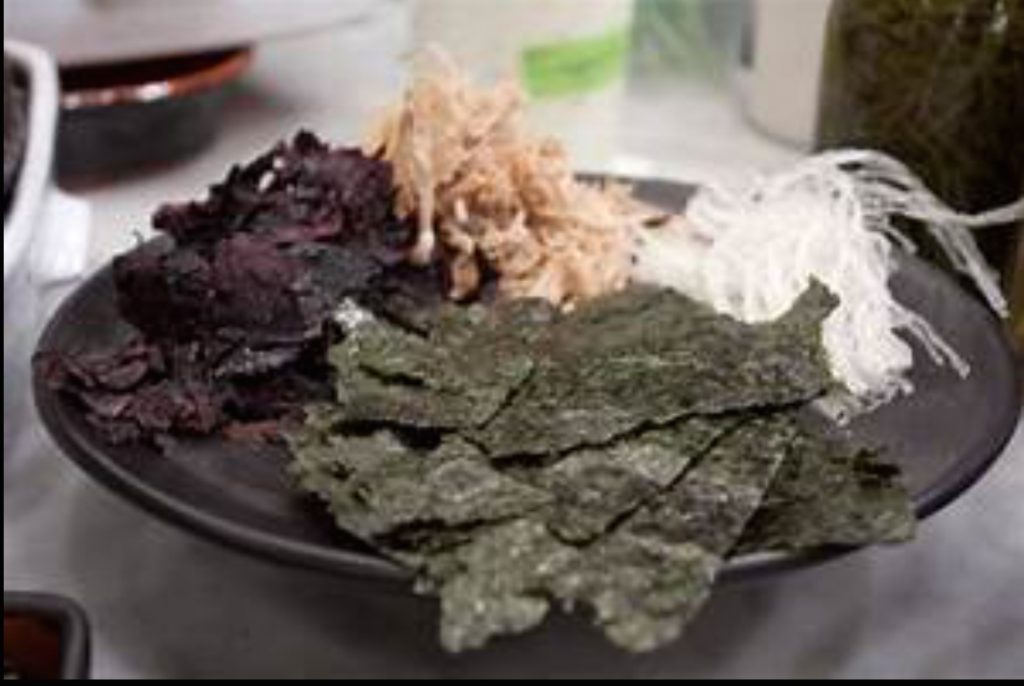
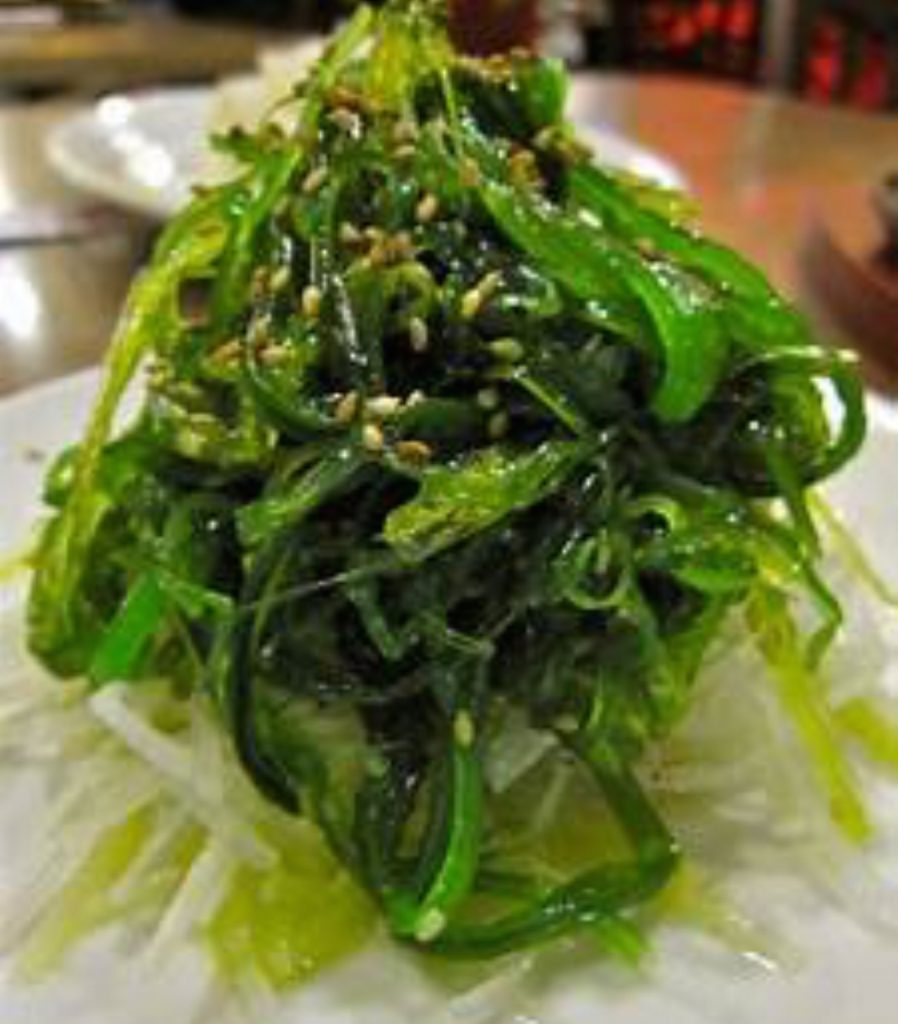
PS: – I make my version of Efo riro, (an African vegetable stew made with fresh spinach with either seafood, meat, chicken or just plain) I replace the efo (spinach) with seaweed. This alternative is fantastic because the seaweed stays crunchier and fresher for longer.
Green Tea: – Green tea inhibits an enzyme required for cancer cell growth. In addition to inhibiting cancer cells from growing, polyphenols (GTP), it has been found to kill cancer cells without affecting the healthy ones.
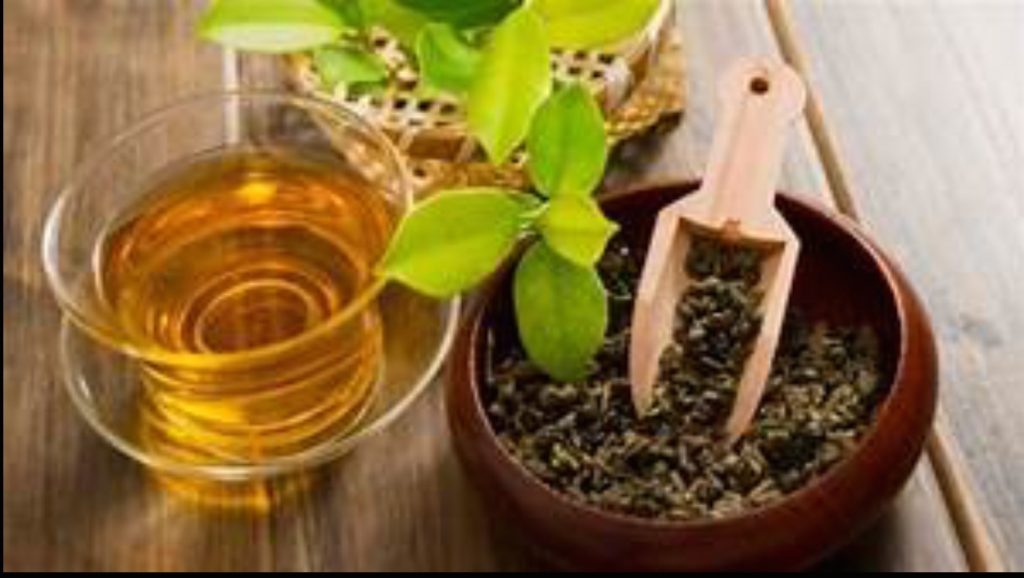
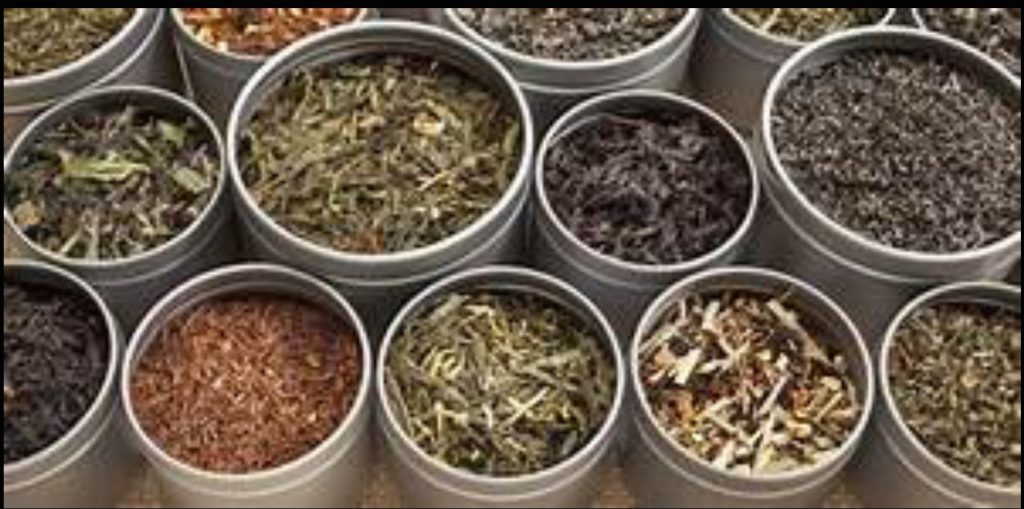
About three cups a day has been suggested as the amount of green tea intake necessary to induce anti-cancer effects. Until my investigation at the start of chemotherapy, I didn’t drink tea or coffee although I love the smell of freshly ground and brewed coffee.
I now drink green tea several times a day. I like to brew the dried leaves in a little teapot with filtered water, left to simmer for a few minutes then drained and taken with a splash of freshly squeezed lemon. The best green tea I have ever tried was from Iran, brought over by one of my closest Iranian Swedish girlfriends. The natural aroma alone was out of this world.
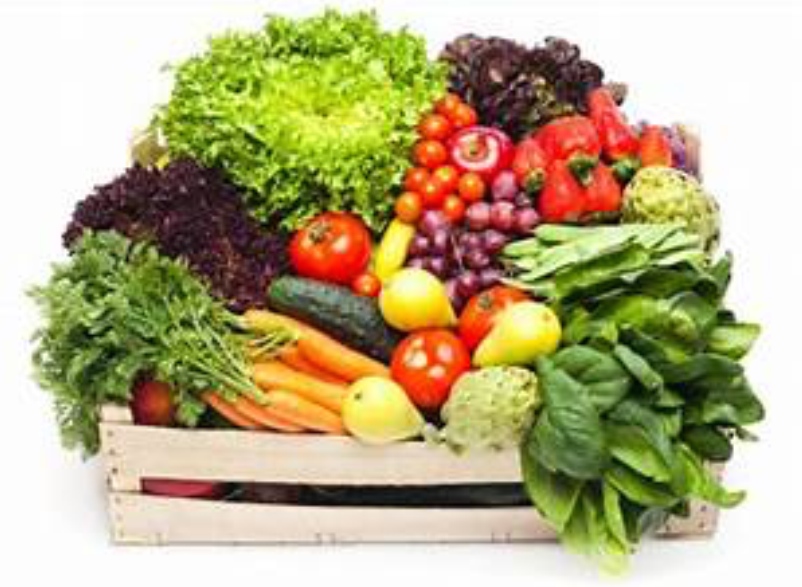
Tomatoes: – They are high in antioxidants and aid the body in the absorption of lycopene, a cancer-fighting antioxidant. The fruit helps guard the DNA in the cells from damage that leads to cancer.
PS: – Research has found that eating tomatoes has the potential to protect men from prostate cancer. When regularly consumed, tomatoes can help lower the overall risk of cancer by regulating hormones, releasing toxins and reducing levels of cholesterol.
I love to cut cherry tomatoes into halves, adding a generous amount of turmeric, squashed garlic, olive oil, a little sesame seed oil (because I love the smell) and any fresh herbs (basil, mint, coriander or dill) I have in the fridge – with a dash of balsamic vinegar, then I mix. You can eat that mixture with anything. It’s also heaven with ripe avocados.
I also love freshly sliced large tomatoes, topped with sliced buffalo mozzarella cheese, with olive oil mixed with balsamic vinegar drizzled with loads of crushed black peppercorns.
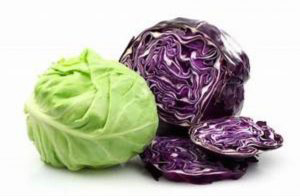
Raw Veggies: – The purple cabbage especially. One of my fav summer salads is made with purple cabbage. I shred a small purple cabbage into a large bowl, add lots of fresh lemon juice, sultanas, sesame seed oil (for the smell and how it just makes every food alluring), olive oil and lots of black pepper. I love to serve this with freshly steamed fish or grilled chicken but you can have it with anything.
Carrots: – Researchers have found that carrots contain powerful cancer-busting chemicals. The natural compounds known as polyacetylenes, protect the plant from attack by pests and diseases. They occur only in vegetables of the carrot family and a few other closely related species such as ginseng.
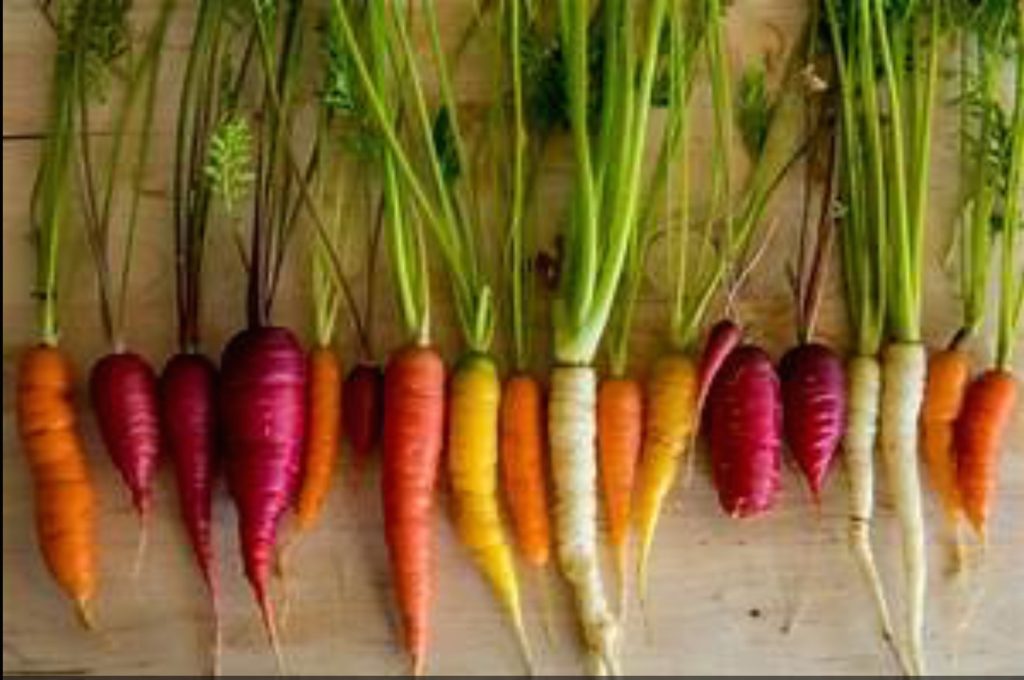
I snack on organic carrots with hummus, on its own, steamed with other vegetables and stir-fried with other veggies
I make a summer salad with fresh organic carrots by shredding a pack into a large bowl, add canned red kidney beans, raisins, a generous amount of olive oil, sesame seed oil, fresh lemon juice, black pepper, and mint. It’s absolutely divine with grilled meat, seafood, chicken or as is if you are vegetarian or vegan.
Dark Fruits: – Dark fruits like pomegranate contain a chemical that helps to boost DNA repairs in cells, therefore blocking the growth of cancer cells. Again pomegranates are one of my fav winter fruits. It can also be found all year round but are quite expensive when not in season.
When in season, I would buy a few and dig out their juicy pits to eat as is, or mixed in with my favourite salads. I have also tried it on top of my morning oats.
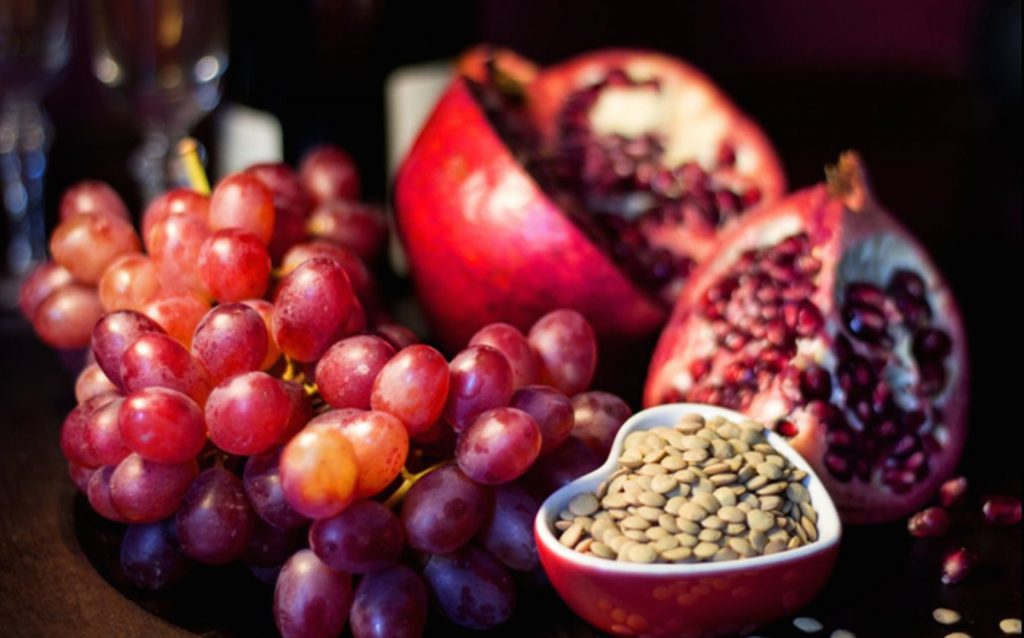
Grapes: – Red grapes, pomegranate and raw cocoa, in particular, are high in antioxidants and powerful anti-inflammatory. Preventing cancer as a result of excess inflammation has also been found to aid cancer treatment.
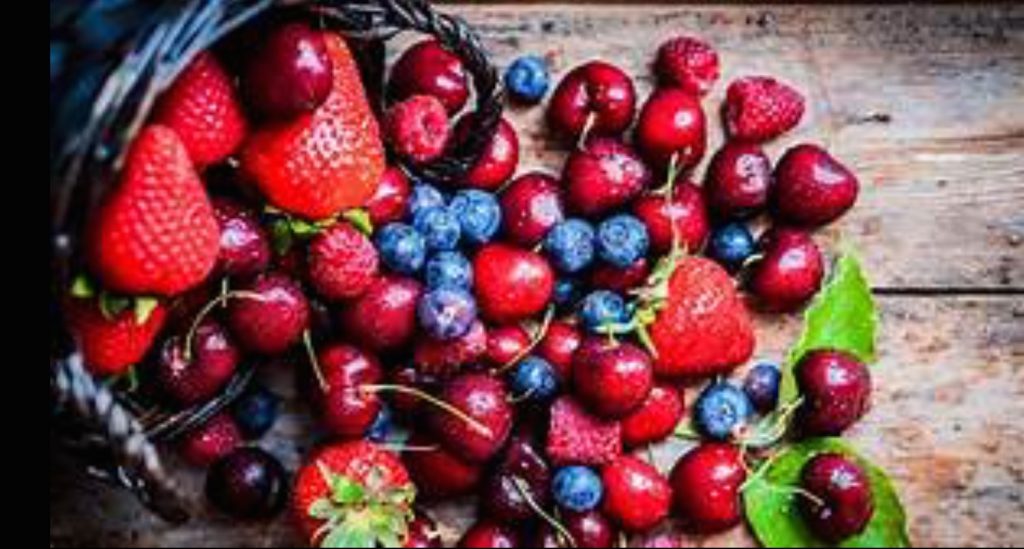
Berries are rich in vitamins, minerals and dietary fibres. Scientists have shown a lot of interest in berries due to their antioxidant properties and potential health benefits. One study shows that anthocyanin, which is a compound in blackberries, lowers biomarkers for colon cancer. Another study demonstrates that the anti-inflammatory effects of blueberries can prevent the growth of breast cancer tumours in mice.
Blueberries: – Can help maintain brain function and improve memory. They boost your heart health, brain function and numerous other aspects of your body. Oxidative stress can accelerate your brain’s ageing process negatively affecting brain function.
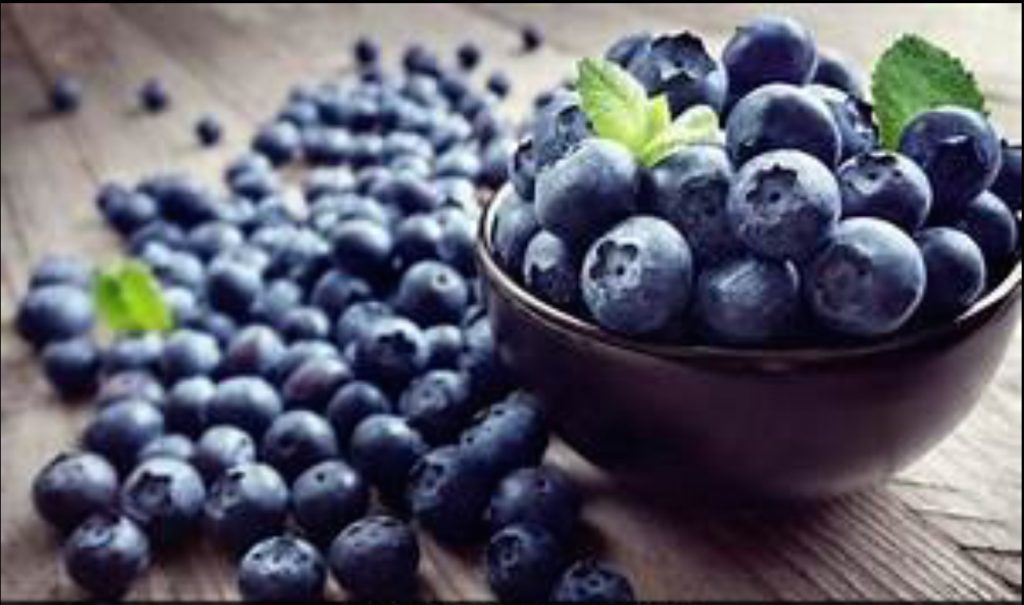
Blueberries reduce DNA damage; Oxidative DNA damage is an unavoidable part of everyday life. It is said to occur tens of thousands of times per day in every cell in your body. DNA damage is part of the reason we grow older. It also plays an important role in the development of diseases like cancer.
Because blueberries are high in antioxidants, they can neutralise some of the free radicals that damage your DNA. In one study, 168 people drank a litre of mixed blueberry and apple juice daily. After four weeks, oxidative DNA damage due to free radicals was reduced by 20%.
According to animal studies, the antioxidants in blueberries may affect areas of your brain that are essential for intelligence. They appear to benefit ageing neurons, leading to improvements in cell signalling. Human studies have also yielded promising results.
In one of these studies, nine older adults with mild cognitive impairment consumed blueberry juice every day. After 12 weeks, they experienced improvements in several markers of brain functions. A six-year study in over 16,000 older individuals found that blueberries and strawberries were linked to delays in mental ageing by up to 2.5 years.
I was already eating all the berries noted above. I put blueberries and crushed walnuts on my morning oats during the Winter season and it’s delish! I mainly eat whichever is in season and I do this all year round.
Salt: – The next weapon to effectively fight cancer, as researchers have found that an influx of salt into a cell triggers its death.
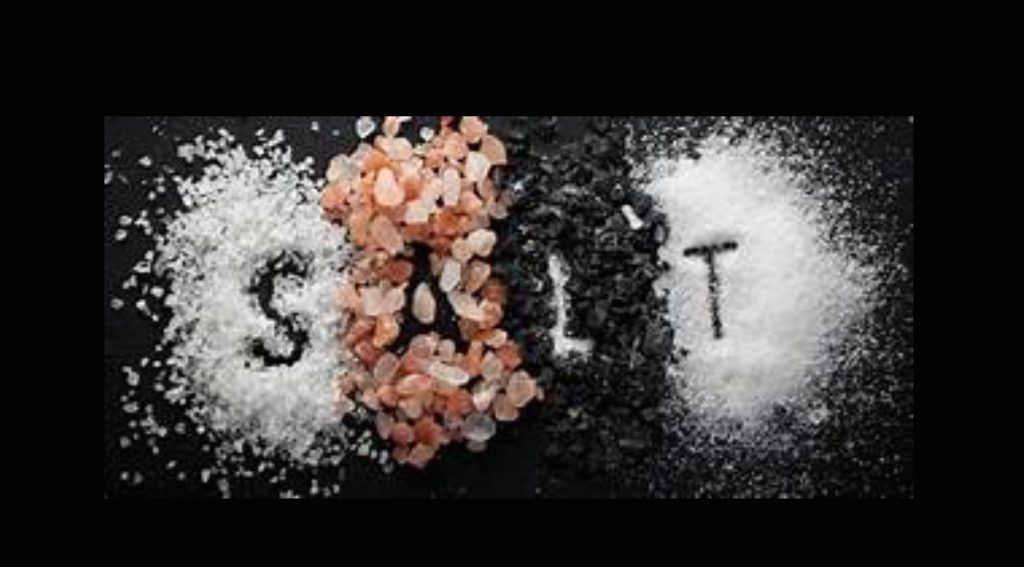
Salt Varies
Personally, I didn’t and still don’t cook with salt. However, I use different seasoning cubes like Knorr and Maggi which contain salt. I’m trying to get into the habit of sprinkling sea salt into my salads.

Garlic: – Being a natural antibiotic, garlic helps to destroy cancer cells over a period of time. Studies have found that by increasing your intake of garlic you can significantly reduce your risk of certain cancers, including colon, oesophagus, breast, pancreas and stomach cancer.
Garlic is also capable of halting the activation of cancer-causing substances, reducing cell proliferation, enhancing DNA repair and inducing cancerous cell death. Crushed garlic is best to add to your meals.
I cannot eat garlic in its raw form but I do include it in almost all of my cooking. It’s actually one of the raw garnish components in my much-loved tomato salad.
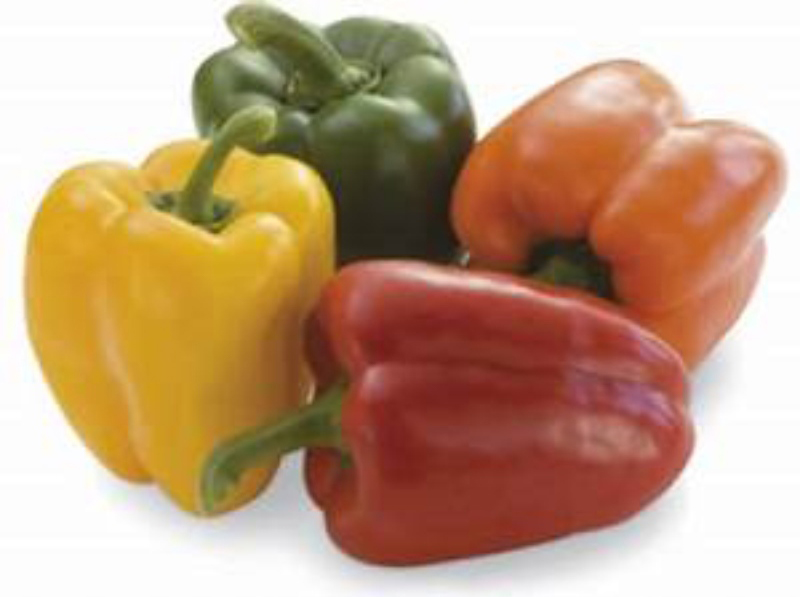
Peppers: – Red, green and yellow peppers are the best to consume to fight cancer. The properties in them help to kill cancer cells and inhibit cell proliferation. While I include these in my salads and other foods, red and yellow are my favourite and I mostly eat them raw in my salads – or as dips with hummus.
Yams & Sweet Potatoes: – The American Cancer Society predicted in 2011 that nearly 1.6 million new cases of cancer would be diagnosed in the United States by the end of the year. Americans seeking ways to both prevent and treat cancer often turn to various foods and supplements in hopes of improving their odds. Sweet potatoes, consumed for more than 10,000 years have several health benefits and nutritional compounds that may make them a beneficial addition to a cancer-preventive diet.
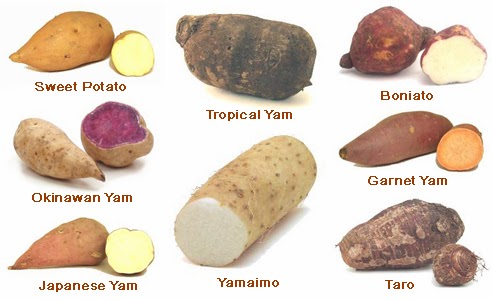
In addition to the flesh and skin, many parts of the plant, including the leaves, roots and vines are edible. Sweet potatoes are good sources of carbohydrates, fibre, micronutrients, vitamins A and C and riboflavin. Sweet potatoes also contain the polyphenol antioxidants caffeic acid and di- and tri-caffeoylquinic acids, which are substances that may have cancer-fighting properties.
I love sweet potatoes and eat them quite a bit. I put them in my salads and cook them with my baked spicy chicken dishes. I also love yams and mainly have them boiled or oven-roasted, with pressed rapeseed oil and eaten with hummus, boiled eggs and grilled mackerel. Yummm.
Fatty Fish: –
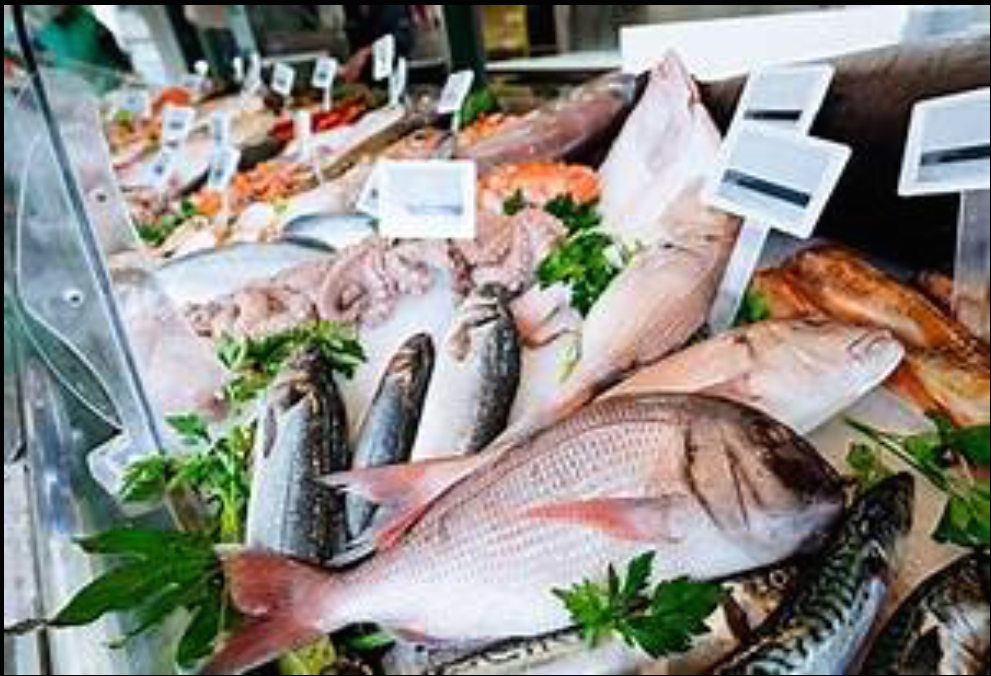
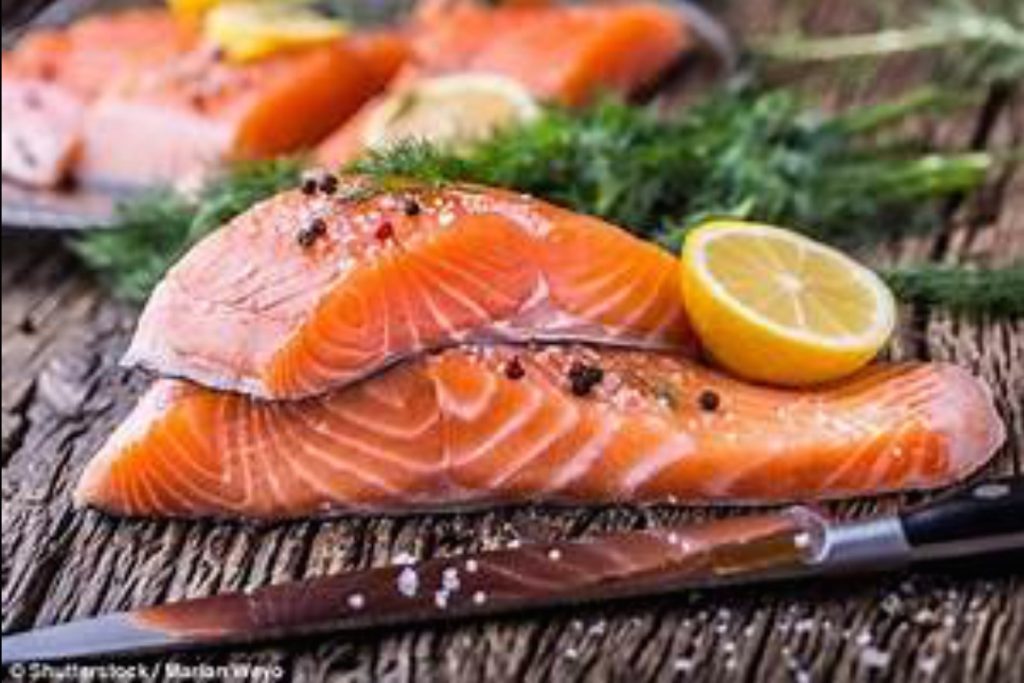
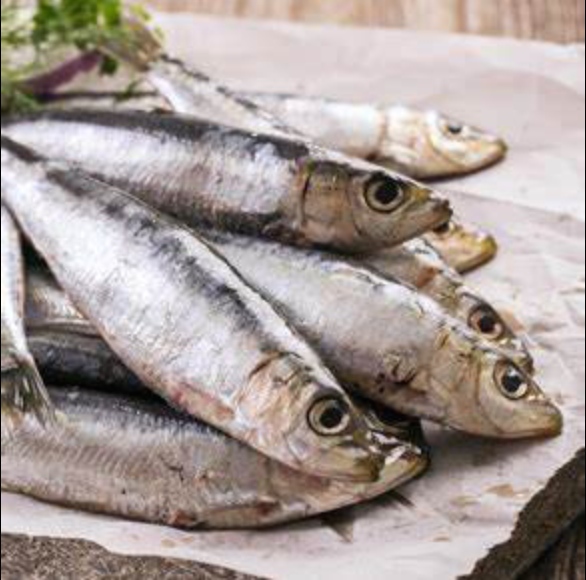
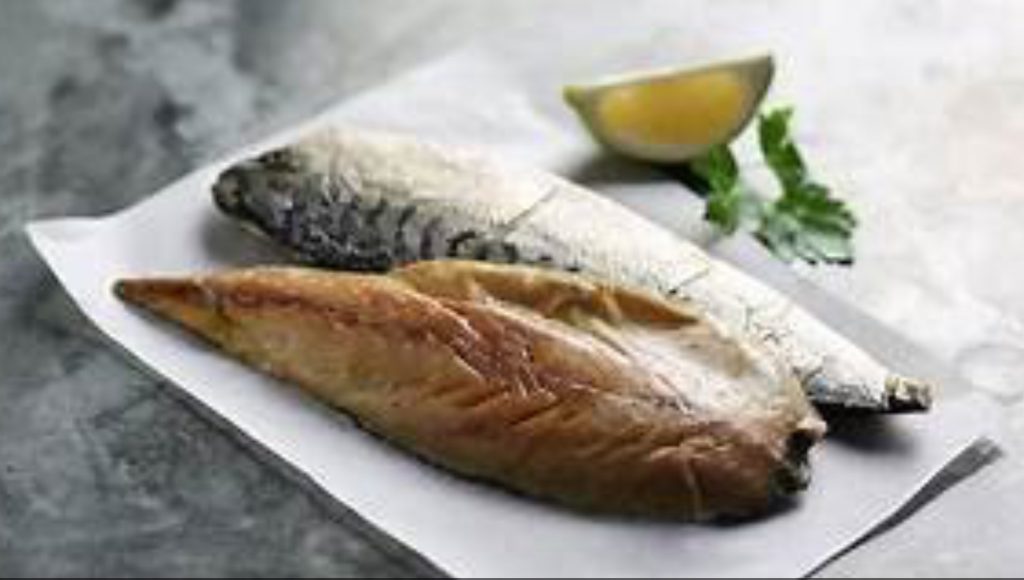
Fatty fish, including salmon, mackerel, and anchovies, are rich in essential nutrients, such as vitamin B, potassium and omega-3 fatty acids. One study found that people whose diets were high in freshwater fish had a 53% lower risk for colorectal cancer than those low in freshwater fish.
Another study found that consumption of fish oil later in life has links to a significantly lower risk for prostate cancer. Finally, a study following 68,109 people found that people who consumed fish oil supplements at least four times a week were 63% less likely to develop colon cancer than those who did not.
I love my seafood and there are too many different ways to enjoy it, so I won’t go into detail!
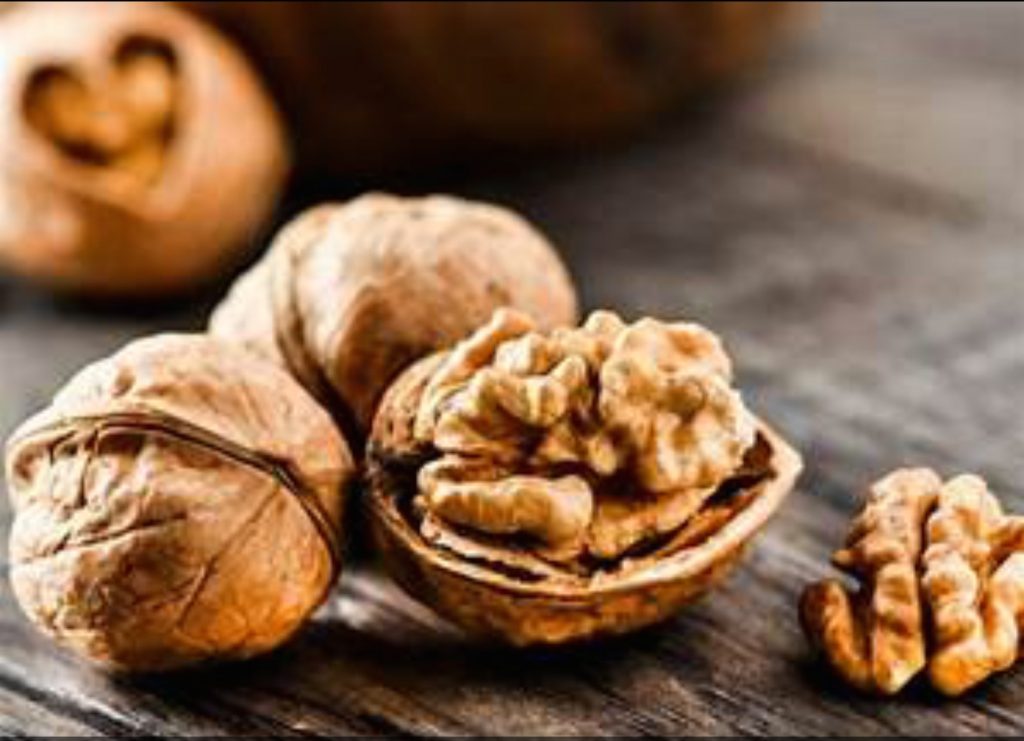
Walnuts: – According to the American Institute for Cancer Research, all nuts exhibit cancer-preventing properties, but scientists have studied walnuts more than other types of nuts. Walnuts contain a substance called pedunculagin, which the body metabolises into urolithins. Urolithins are compounds that bind to oestrogen receptors and may play a role in preventing breast cancer. In one animal study, mice receiving whole walnuts and walnut oil had higher levels of tumour-suppressing genes than the mice receiving vegetable oil.
I love to sprinkle crushed, home-roasted walnuts on my oats for breakfast and on my green salads. It’s great with other roasted nuts too as a snack and on organic bio yoghurt and very ripe bananas.
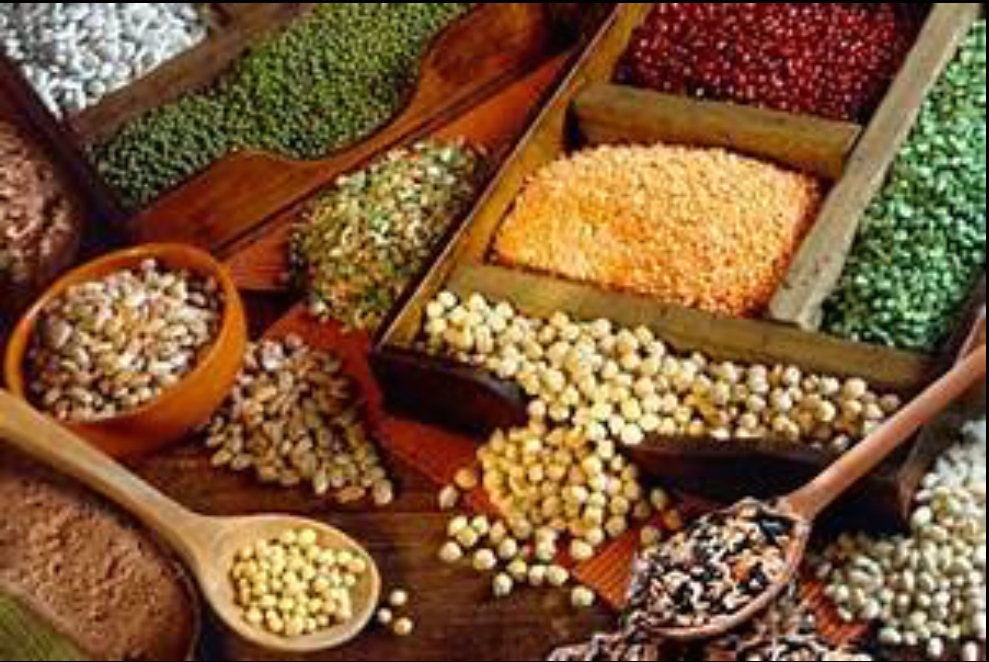
Legumes: – such as beans, peas, and lentils, are high in fibre, which may help lower a person’s risk of developing cancer. One meta-analysis of 14 studies shows an association between higher legume consumption and a lower risk of colorectal cancer.
Another study examines the relationship between the intake of bean fibre and the risk of breast cancer. The study results indicate that people who ate diets high in bean fibre were 20% less likely to develop breast cancer than those who did not meet their daily fibre intake.
Beans, another of my favourite foods. I love legumes in their various forms. I particularly love Ewa Riro, an African bean dish made with black-eyed, or white beans. They are first cooked on their own, then recooked with blended assorted peppers and herbs, fried with palm oil. I love to eat this with boiled plantains or yam.
There are so many amazing foods out there that can aid your body in becoming a cancer-killing machine or just super healthy. The aforementioned were amongst MY must-eat list during chemo and other treatments. However, the list is much more extensive.
So, if you aren’t eating any of the above, I suggest you start to incorporate some into your diet to give your body a fighting chance, should any form of illness present itself and I’m not just talking about cancer.
It would be great to know what your superfoods are. Which foods have you always eaten, then perhaps discovered are protecting your body in fighting off illnesses?
3 thoughts on “SUPER FOODS”
Comments are closed.

This was very informative, made me realize I do not eat healthy enough haha
Dear Aimee,
I’m glad I was able to help you see a thing or two about your diet. Please adjust moving forward and be more informed on a more balanced diet. Stay blessed and informed.
Regards,
rebeKemi.